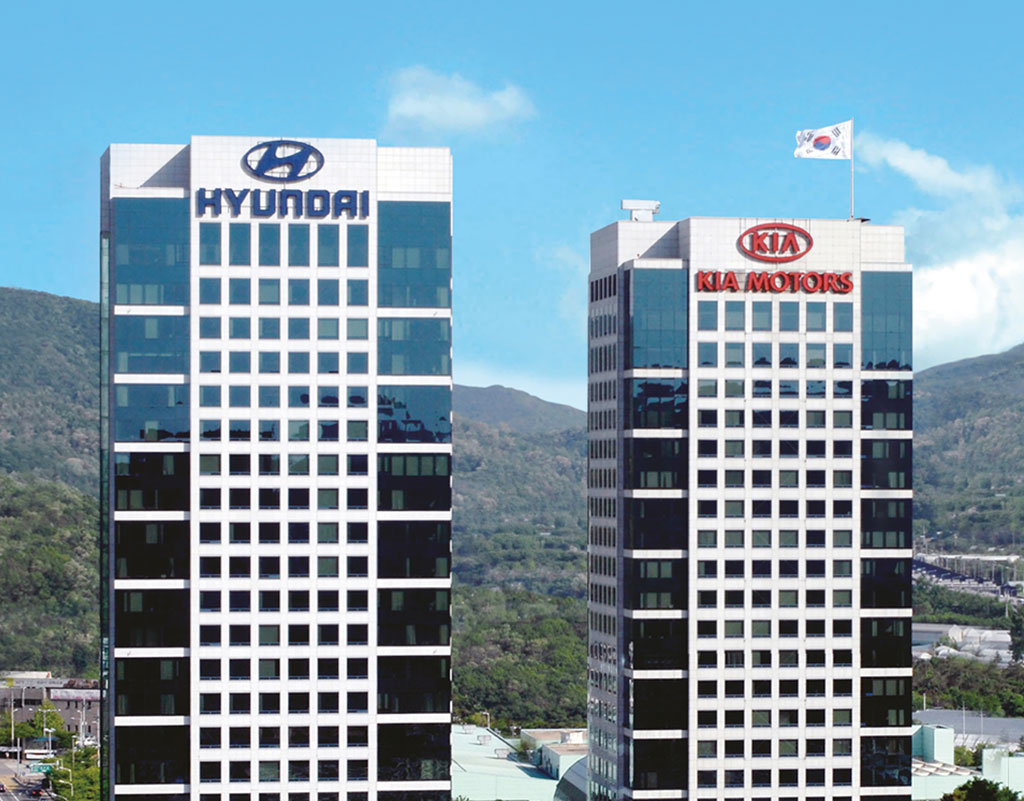The prediction, despite a slide in sales for 2022 over 2021, means that Hyundai-Kia expects to sell 7.52 million vehicles this year, up from 6.85 million in 2022.
Hyundai-Kia this week announced its global sales performances for 2022, showing Hyundai (and Genesis) delivered 3,944,579 cars and Kia sold 2,903,619 units.
According to Reuters, these figures represent a year-on-year growth of 1.4 per cent and 4.6 per cent respectively and came despite challenges including the semiconductor chip shortage and the looming threat of recession affecting both supply and demand for cars.
In a statement, the company said: “Hyundai plans to expand market share and operate profitability-oriented businesses by flexibly responding to market changes, accelerating its transition to electrification, responding to global environmental regulations, and optimising production, logistics and sales by region.”
Analysts reported by Reuters said the sales targets of the two companies for this year appear to be aggressive but achievable, considering pent-up demand for vehicles.
“Hyundai Motor and Kia are still seeing relatively higher back orders of vehicles and car buyers are still waiting in line to buy cars despite the recent economic environment and with that demand in the picture, the companies appear to be confident,” said analyst Kim Gwi-yeon from Daishin Securities.
Mr Kim, however, added that economic obstacles such as high interest rates could dampen car sales, especially in the second half of the year after pent-up demand softens.
Shares of Hyundai Motor and Kia closed up 1.3 per cent and 1.5 per cent respectively, versus a 0.3 per cent fall in the benchmark market measure – KOSPI.
In October 2022, based on supply issues, Hyundai Motor cut its 2022 global sales target by about 7 per cent to 4.01 million vehicles from 4.32 million vehicles.
Speaking at the group’s new year town hall meeting, executive chair Euisun Chung said: “We are nearing the end of this long tunnel of Covid-19.”
He said that the pandemic’s impact has been felt “far and wide, with increased interest rates, inflation and fluctuation in exchange rates”.
The success of the firm’s electrification efforts – continuing with the global launch of the Hyundai Ioniq 6, as well as the arrival of the next-generation Hyundai Kona and the all-new Kia EV9 SUV – will be instrumental to further growth.
Software developments will be emphasised in each new car, with Hyundai and Kia adding over-the-air update functionality to all its models by 2025.
New services will include level-three autonomous driving technology for the flagship Genesis G90 and Kia EV9, but this functionality will initially be limited to motorways in South Korea.
“We’re also planning to commercialise robotaxis with level-four autonomous driving in North America,” said Mr Chung in reference to the fleet of self-driving Hyundai Ioniq 5s launched with Uber in Las Vegas.
Alongside new electric models, the Hyundai Group also plans to capture a slice of the purpose-built vehicle (PBV) market, promising the arrival of new models later this year.
Its first PBV – the Kia Niro Plus taxi, based on the previous-generation crossover – began sales in Korea in early 2022.
In 2025, the company will launch its first PBV based on a ‘skateboard’ platform – such as E-GMP, used by the Genesis GV60, Hyundai Ioniq 5 and Kia EV6.
Closing the meeting, Mr Chung said: “Amid uncertain external circumstances and the rapidly changing industry paradigm, the [Hyundai] Group, together, will continue to build trust by taking on challenges, and change proactively with a positive can-do spirit and thorough preparedness to make a new leap and achieve sustainable growth.
By Neil Dowling













 Read More: Related articles
Read More: Related articles

